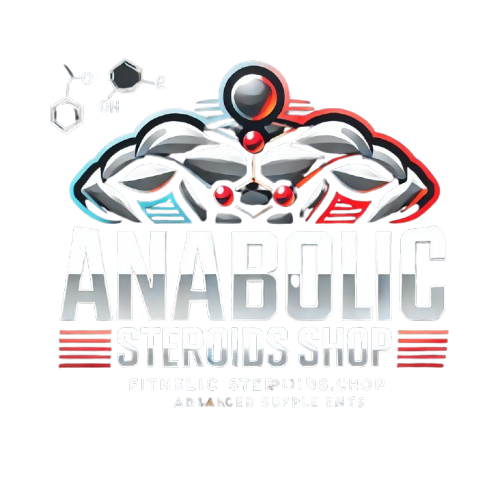What Are SARMs?
- sarms for sale are synthetic drugs that selectively bind to androgen receptors in muscle and bone tissue, mimicking testosterone’s muscle-building effects while (theoretically) avoiding side effects on organs like the liver, prostate, or hair follicles.
- Common SARMs in Fitness:
- Ostarine (MK-2866): Promotes lean muscle retention during cutting phases.
- Ligandrol (LGD-4033): Used for bulking and strength gains.
- Testolone (RAD-140): Enhances muscle mass and endurance.
- Andarine (S4): Popular for fat loss and vascularity.
Why Are SARMs Popular in Fitness/Bodybuilding?
-
Muscle Growth:
- SARMs activate androgen receptors in muscle cells, stimulating protein synthesis and muscle hypertrophy.
- Studies in animals and limited human trials (e.g., elderly populations) show increased lean mass (Dalton et al., 2011).
-
Fat Loss:
- Enhance metabolic rate and promote lipolysis (fat breakdown), especially during cutting phases.
-
Recovery:
- Reduce muscle damage and soreness post-workout, enabling more frequent training.
-
Selective Action:
- Unlike steroids, SARMs target muscle/bone receptors, theoretically avoiding prostate enlargement, hair loss, or liver toxicity.
-
Oral Availability:
- Most SARMs are taken orally, avoiding the need for injections (a key appeal over steroids).
Risks and Controversies
-
Health Risks:
- Hormonal Suppression: SARMs suppress natural testosterone production, leading to low testosterone (hypogonadism), infertility, or dependency on post-cycle therapy (PCT).
- Liver Toxicity: Elevated liver enzymes reported in users (e.g., Thevis et al., 2018).
- Cardiovascular Issues: May lower HDL (“good” cholesterol) and raise LDL (“bad” cholesterol).
- Unknown Long-Term Effects: No long-term human safety data; risks of cancer or organ damage remain unclear.







